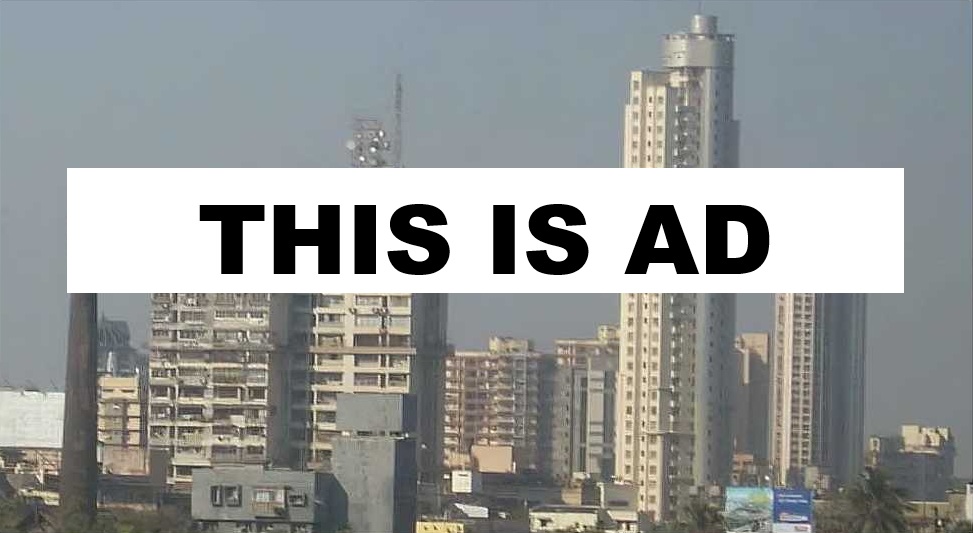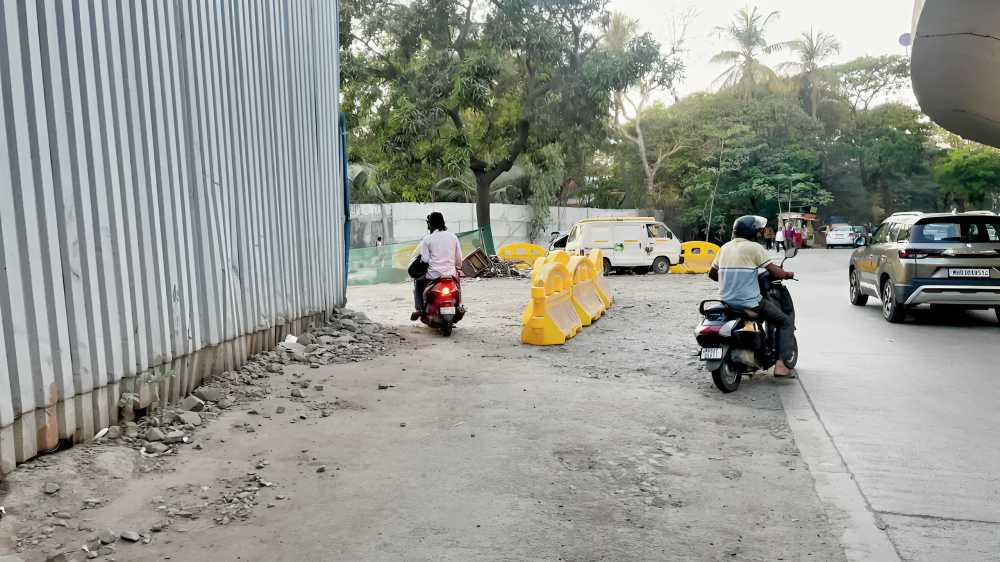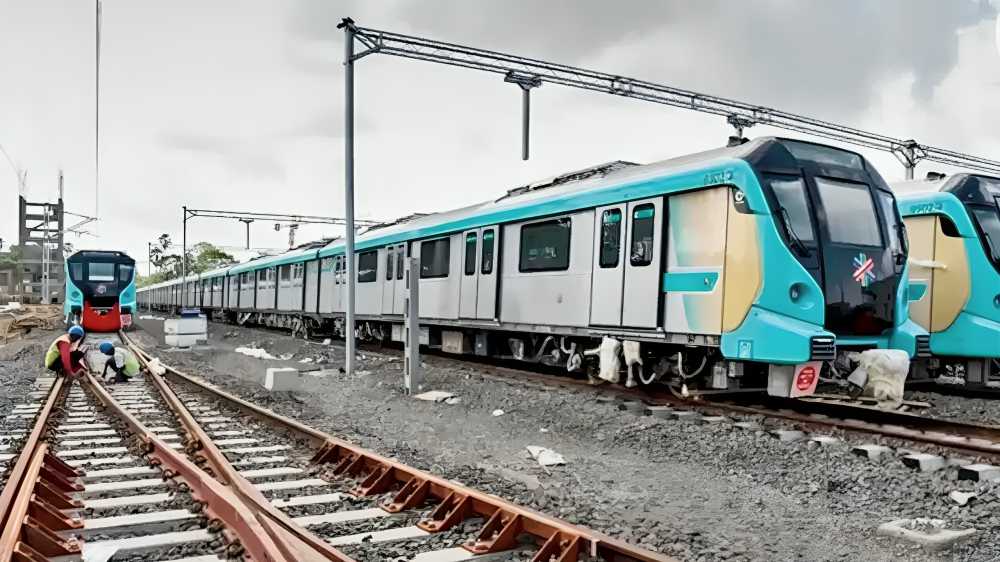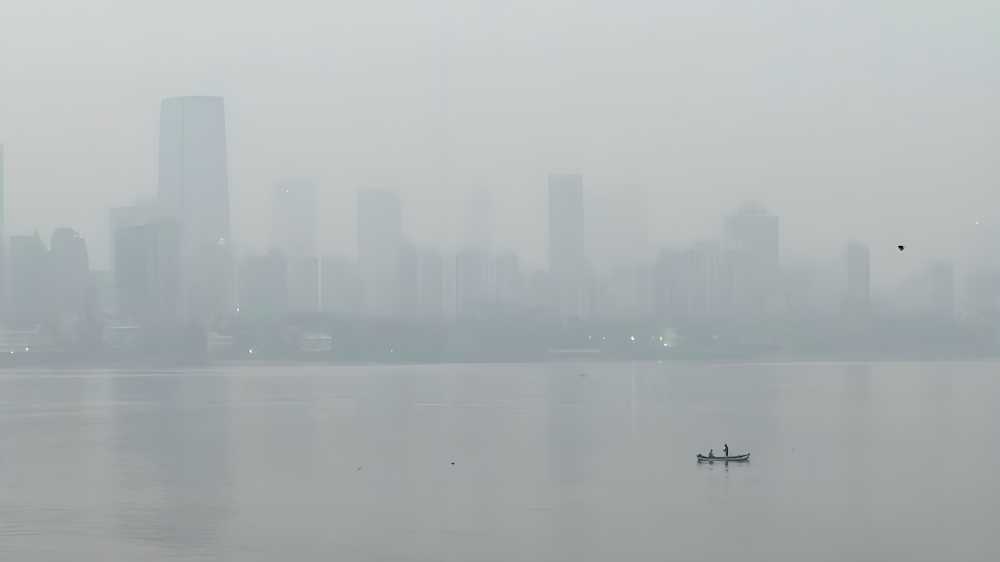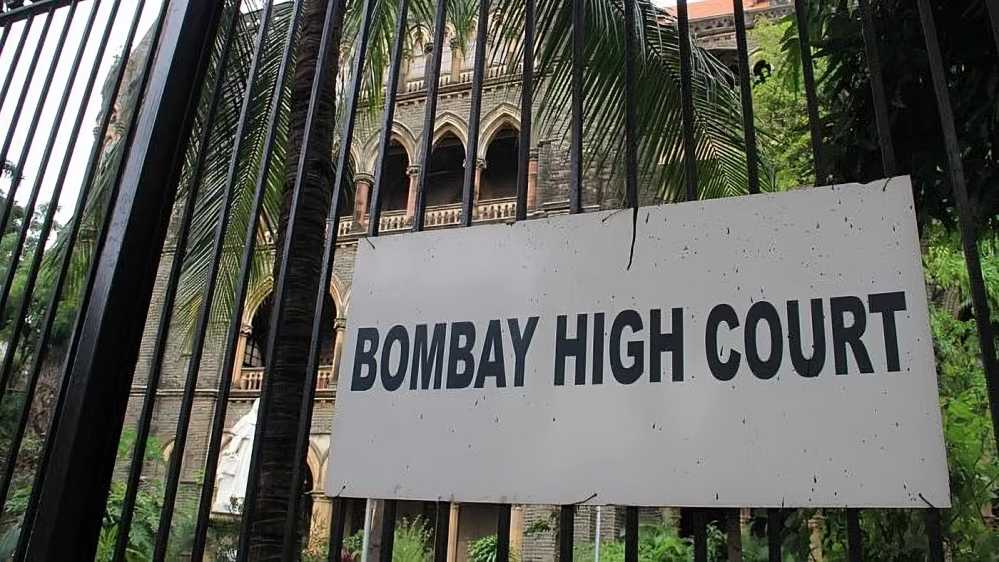A recent study by Mahina, a menstrual products brand, has uncovered a concerning reality — four in five women feel anxious about locating clean public restrooms during their periods. In a city as vast and populous as Mumbai, the lack of hygienic infrastructure transforms a natural biological process into a daily ordeal for countless women.
Beyond the physical discomfort of menstruation — cramps, fatigue, and hormonal fluctuations — lies the ongoing anxiety of accessing clean, private, and safe sanitation spaces. This issue impacts mental health and curtails professional opportunities, particularly for women in field-based roles.
“Cleanliness is always a concern. I avoid any facility that looks neglected. Most public toilets are either locked or filthy,” shared Smruti Bhalerao, a PR professional. “I often rely on malls or restaurants, but that’s not always practical. Sometimes, I avoid drinking water entirely if I know I’ll be out for long hours — not healthy, but it feels safer during periods.”
Some women limit their mobility altogether. “I ensure I’m either at home or at work, where I know washrooms are clean. I’ve seen women urinate under flyovers with family trying to shield them. It’s shameful for a city with Mumbai’s resources,” said Olive D’silva, an employee at a private firm.
Poor sanitation also restricts the safe use of modern period products like cups and sanitary pads. “Most public washrooms are unhygienic and smelly. I wait until I reach work to change. It increases the risk of infections,” said Aditi Kajrolkar, a working professional. “Menstrual cups are convenient, but they require clean water and surroundings, which are rarely available.”
In a city aiming to be world-class, the absence of clean, accessible toilets for women reflects a deeper neglect of public health, dignity, and gender-inclusive urban planning
Source: Mid-day







